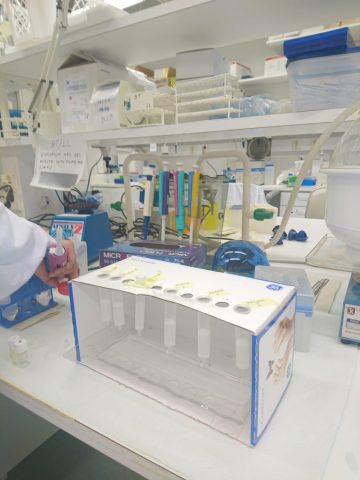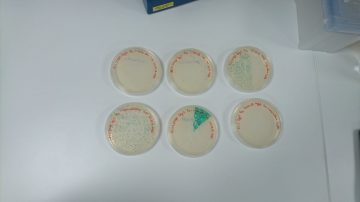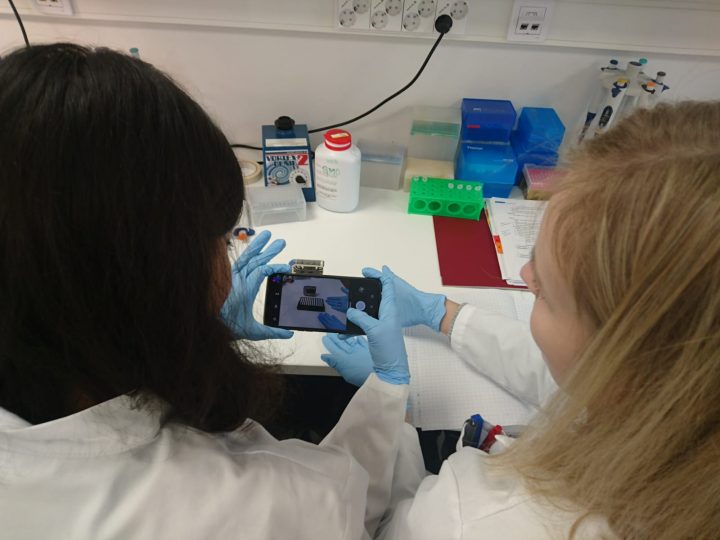What is Biomedical Sciences? A student’s perspective
Considering the International Biomedical Sciences Programme at the University of Turku? This one’s for you …
The first reaction I usually get when I tell people what I’m studying is “Wow that sounds difficult”. If the conversation comes up again, what they usually remember of my major is ‘Bio something’. The name may sound slightly complicated but in reality the course is interesting and challenging! And I’ve always felt that life is a drab without challenges pushing you forward.
One of my favourite things about the University of Turku is their versatile and unique International Master’s Degree Programmes. If you browse through the programmes offered, you’ll notice that there are rather distinctive and specialized masters programs. One of the biggest parts of doing a master’s is finding a programme which is a right fit for you.
What do consider when choosing a programme?

While there are many different aspects to consider, I narrowed the three most important aspects for me:
- What I’ve studied before,
- Familiarity and interest in the master’s curricula, and
- Prospective job market for graduates of this master’s program.
The Master’s in Biomedical Sciences degree has four separate specialisation tracks,
– medicinal and radio-pharmaceutical chemistry,
– drug discovery and development,
– biomedical imaging, and
– molecular biotechnology and diagnostics.
Each of these tracks have different curricula and leads to different kinds of job prospect. As you might have already deduced, the medicinal and radio-pharmaceutical chemistry involves a lot more of chemistry than biology. The programme involves studies on structure and reactivity of reactions, reaction synthesis, chromatography methods, and bio-active compound screening among much more.
Studies in the drug discovery programme is versatile with courses in computer aided drug design, mechanism of action of drugs, and clinical trial design to name a few.
Biomedical imaging is another popular track which involves medical imaging, fluorescence studies, biomedical instrumentation and microscopic studies.
About my programme

The program that I’m studying is the Molecular Biotechnology and Diagnostics track. The track combines studies of molecular biotechnology techniques with studies on the modern day tools utilized in diagnostics. I think that the combination of these two aspects make this program very useful.
On one hand, you’re learning about various techniques such as immunoassays, phage display, antibody engineering, sequencing methods while on the other you’re learning about how these techniques are currently being utilized for improving therapeutic and in-vitro diagnostics. The course combines theoretical studies along with hands-on experience of working in the lab. This program is great for individuals interested in joining the biotechnology or IVD industry as well as for those passionate about a career in academic research.

Summarizing a two year master’s programme into a couple of paragraphs can be a slightly difficult task and might not paint the entire picture. I’ve tried to narrow it down to some of the important things a potential student might want to know. It’s possible to know more details from the faculty website, or reach out to the helpful Admission Services at the University of Turku at admissions@utu.fi.
You’re also welcome to contact me (or any other UTU ambassador) and we’ll always try to lend you a helping hand!
Till next time,
Megha
Chat with our current students
Last updated 8 August 2022.
Search similar blog posts by categories and keywords:

